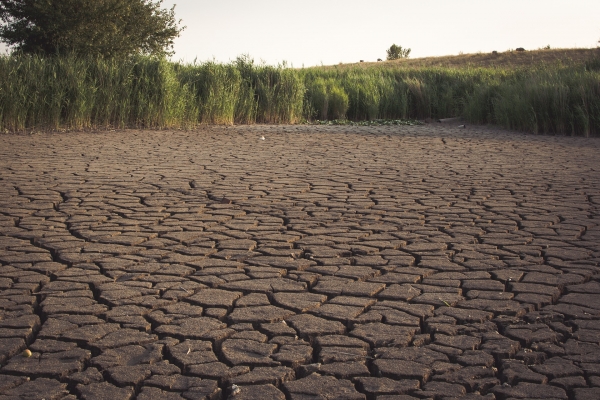In many parts of Europe, summer 2022 has been brutal: long periods of drought combined with record high temperatures. Heat waves, water shortages and forest fires are particularly affecting southern, western and central Europe. Such weather extremes, which are mutually reinforcing, affect a wide range of sectors and systems – healthcare, agriculture, food production, energy supply and ecosystems, as well as the wider economy and society.
Large financial losses due to extreme heat and drought
To better understand the consequences of such extreme climatic events in different areas, researchers from the Department of Geography at the University of Zurich (UZH) analyzed eight extreme heat and drought events in Europe, Australia and Africa occurring during the last 20 years. Besides examining the direct and indirect consequences for various sectors and systems, they also studied the impact of responses to such events. “The financial losses, for example, can be substantial,” says Laura Niggli, first author of the study. “In the cases studied they ranged from several hundred million to several billion US dollars.” In extreme cases such as the 2019/2020 Australian bushfires, losses were up to approximately 100 billion US dollars, which is equivalent to over 5 percent of Australia’s GDP.
Additional damage due to cascade effects
As the researchers show, the effects of simultaneous heat and drought are not limited to just their individual direct effects on different areas. “We identified an interconnected web of sectors that interact in direct and indirect ways, which causes additional loss and damage in several other sectors, particularly health, energy, agriculture and food supply,” says PhD candidate Niggli. It is this multi-layered interconnectedness that makes the risks of extreme events so complex – and critical. The cascading effects spread across numerous sectors and can have far-reaching consequences for essential systems. “Simultaneous weather extremes are potentially capable of destabilizing entire societally-important systems, such as global trade,” Niggli points out.
Read more at: University of Zurich
Photo Credit: ThorstenF via Pixabay


